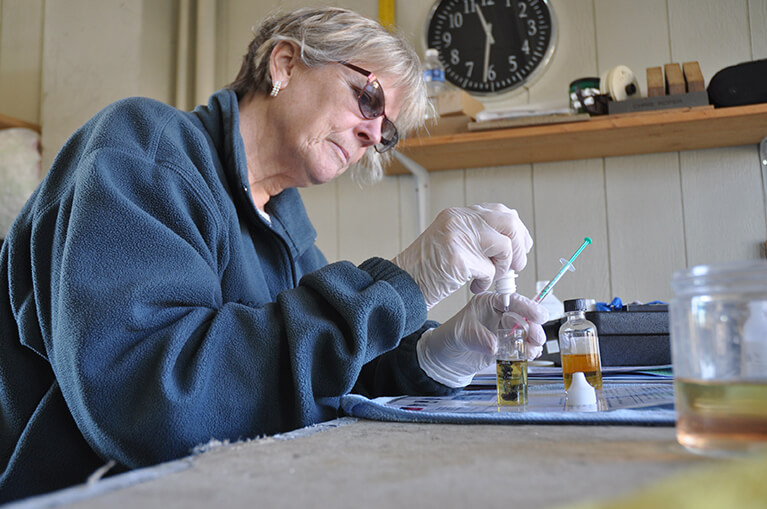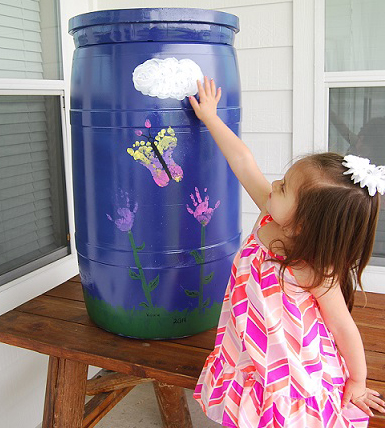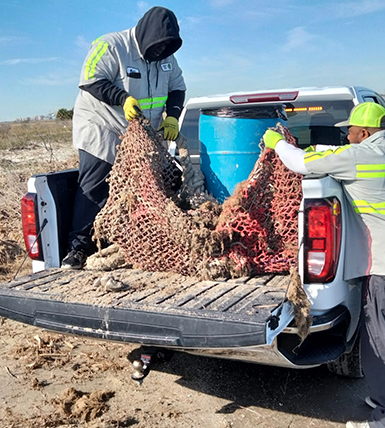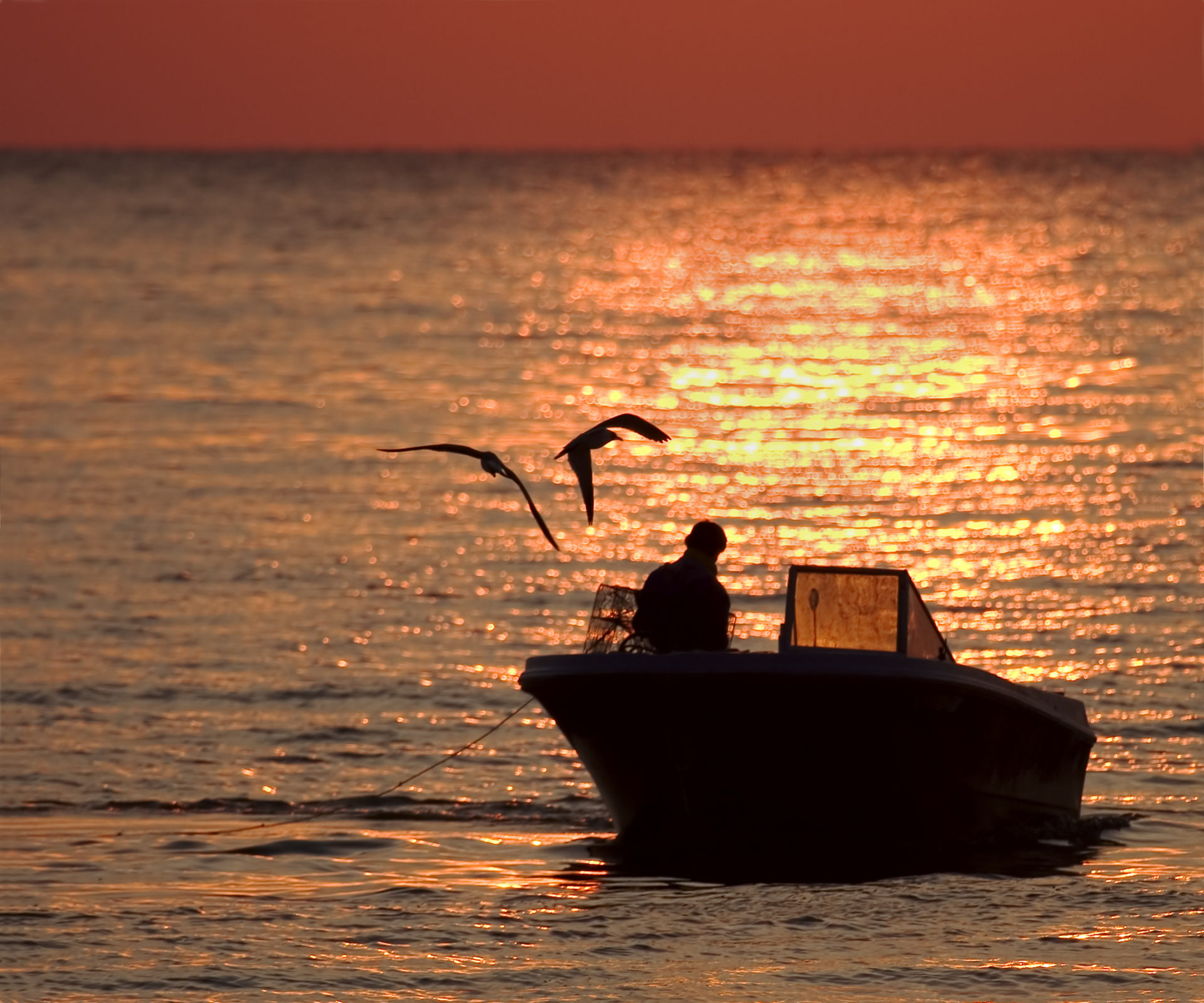At Galveston Bay Foundation, we want to ensure a Bay for all and do our part to keep the Bay fishable and swimmable. That is why water protection remains at the core of our work. Through various volunteer water monitoring efforts, water conservation programs, and pollution mitigation measures, we’re all able to help protect the quality of Galveston Bay’s waters, for all.
For more information about these water quality programs, email us at waterquality@galvbay.org.

Galveston Bay Foundation’s Water Monitoring Team conducts monthly water quality sampling at various locations around Galveston Bay. The team collects data on air and water temperature, dissolved oxygen, pH, salinity, transparency, and other field observations. Click here for a map and data from our water monitoring sites around the Bay. The data are uploaded on our Swim Guide which is a great tool to check and see if the water is safe to swim in!
Informed with these data, we can get a more complete picture of the health of Galveston Bay and utilize it to educate local decision-makers and the public on water quality issues. These important data also help us pinpoint potential problems, understand historical trends, and allows us to advocate for responsible water management practices.

Conserve Water, Prevent Pollution
Did you know that one rain barrel can conserve approximately 1,050 gallons per year? That translates to great environmental benefits and cost savings, especially when you consider that lawn and garden watering make up nearly 40 percent of total household water use during the summer!
Through our Rain Barrel Workshops, we help participants build their own rain barrels to conserve water and reduce stormwater runoff, pollution, and bacteria entering Galveston Bay. Each workshop includes information on rain barrel use and maintenance, and you’re provided with the tools you’ll need to begin constructing your very own rain barrel. Registration is $40, which includes one barrel and one connector kit, as well as admission to the workshop for yourself and one guest.
Click here to view our event calendar and next workshop date!
Click here to sign up to be notified when we announce the next workshop date.
Thank you Coca-Cola Southwest Beverages for their generous support of our Rain Barrel Workshops.

We need your #EyesOnGalvBay in order to keep your Bay and community clean! That’s why we created the Galveston Bay Action Network (GBAN), an interactive tool for reporting pollution in Brazoria, Chambers, Galveston, and Harris counties.
GBAN enables citizens to easily report pollution relating to sewage, abandoned vessels, discolored water, fish kills, septic systems, trash and debris, and more. Once a report has been submitted, it’s automatically sent to the appropriate authorities to take action.
Take action and ensure the fastest pollution cleanup.

One of Galveston Bay’s recurring issues is helping to protect clean water by reducing bacteria contamination from fecal matter—specifically, fecal matter released from boats.
You can do your part to help us keep Galveston Bay safe, healthy, and clean! If you’re a boat owner, commit to pumping out the waste from your boat’s head into a pump-out facility, and encourage your neighbors to do the same.

Plastics, trash, and marine debris are an abundant pollutant in Galveston Bay; however, the extent of the problem and the exact litter introduction pathways remain largely unknown. Through extensive citizen science research, outreach efforts to reduce plastics usage, and collaboration with local partners, we are working towards a better understanding of this pollution and a cleaner bay for all.
The team currently conducts National Oceanic and Atmospheric Administration (NOAA) marine debris surveys at seven recreational shorelines around Galveston Bay on a monthly basis, micro plastics surveys at our Kemah Headquarters, and numerous Nurdle Patrol surveys. You can check out the results of our other shoreline cleanup events and see similar efforts across the state on the Texas Litter Database.
